‘Don’t fight the Oval Office’: Investors are finally taking Trump seriously and it’s causing a volatility spike in markets as they try to figure out his next move
Volatility has plagued stocks in recent months and major indexes are down since Trump’s election in November.

- President Trump’s tariff policies have led markets to decline since he was elected, as investors have realized he is serious about upending the global economic order to achieve his goals. Any positive news has pushed markets up from a baseline of negativity, but the lack of clarity on tariffs means that any upturn is tentative, experts say.
Markets are plunging, economic instability is on the rise, and investors are starting to realize that betting against President Trump is a losing battle.
On the campaign trail, and even years before, President Trump railed against what he portrayed as “unfair trade” and threatened tariffs on major trading partners. Still, investors were reluctant to believe, or price-in, what now appears to be the start of a fundamental shift in global economic policies.
Fewer than 100 days into the second Trump administration, traders have woken up to the reality that the president may be more willing than expected to upend global trade to increase domestic manufacturing and reduce trade deficits with other countries, especially after the April 2 “Liberation Day” tariff announcement. That new reality has roiled U.S. stocks.
From election through Tuesday's close, the benchmark S&P 500 was down about 8% and the tech-heavy Nasdaq had fallen 11%. Just earlier this week, the Wall Street Journal reported that Dow Jones Industrial Average may be on its way to its worst April since the Great Depression.
While there may be a long-term benefit to bringing some supply of vital resources like aluminum and some pharmaceuticals to the U.S., investors have realized that Trump may upend global trade to achieve this. The result is equal to an outside shock, such as the COVID pandemic, said Mike Reynolds, the vice president of investment strategy for boutique wealth management firm Glenmede.
“There's a common saying, ‘Don't fight the Fed.’ Well, it almost feels like ‘Don't fight the Oval Office,’ is the new ‘Don't fight the Fed,’” he told Fortune.
The constant hawkish news on tariffs and recent comments Trump made on Fed Chair Jerome Powell have spooked investors and weighed down markets to a baseline of negativity, despite some recent positive economic indicators and company earnings results, said Marta Norton, the chief investment strategist for Empower Investments.
Any positive news from the administration, such as Tuesday’s comments by Treasury Secretary Scott Bessent that trade tensions with China will de-escalate, has led to spikes away from that baseline negativity, Norton added. On Tuesday, following Bessent’s comments, the Nasdaq and the Dow closed up 2.7%, while the S&P 500 closed up 2.5%. On Wednesday morning, stocks again opened higher.
“Investors are just on edge as we try to figure out the true cost of tariffs, the length, the duration of tariffs, what the economic impact is,” Norton said. “That kind of environment makes every little piece of news just kind of reverberate all the more.”
Despite Bessent’s prediction that tensions with China would de-escalate in the coming months—and that the country’s China’s final tariff would be ultimately lower than the 145% already imposed on it—he said a longer deal could still take two to three years, Bloomberg reported.
Although markets reacted positively to the news, Fordham business school professor Paul Johnson said Bessent’s comments showed just how different the reality of the Trump administration’s economic policies have been for those that expected a quick shift to the lower regulations and lower taxes that have been the hallmark of previous Republican presidents.
“Even a statement like that sends the market gyrating, because is it short or is it long? No one knows,” Johnson said.
To avoid taking a hit from the recent downturn in equities, investors may want to shift some allocation to international equities and other non-dollar denominated assets. Some of the assets that have been hit hard, such as small cap equities, could also be an opportunity, Reynolds said.
Volatility in the markets is here to stay until policy uncertainty eases, or until U.S. business acclimates to the new tariff environment, Reynolds added.
Yet, because of Trump’s fickle stance on tariffs, investors should be hesitant to sell much of their holdings, and should instead maintain a patient approach and stick to their long-term investing plan, he added.
“Probably one person in the entire world who knows where trade policy is going to go, and he's sitting in the Oval Office,” Reynolds said.
This story was originally featured on Fortune.com







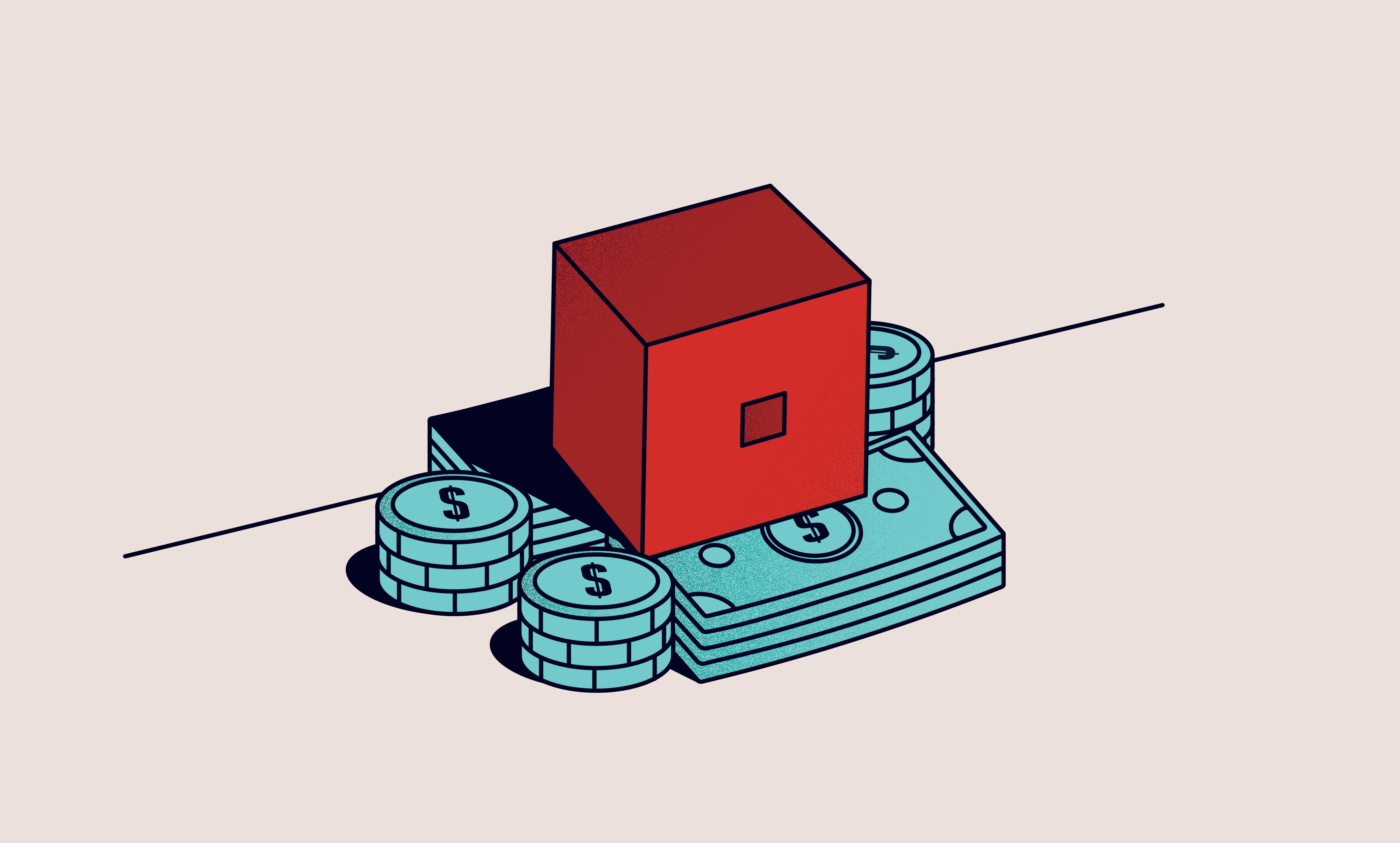


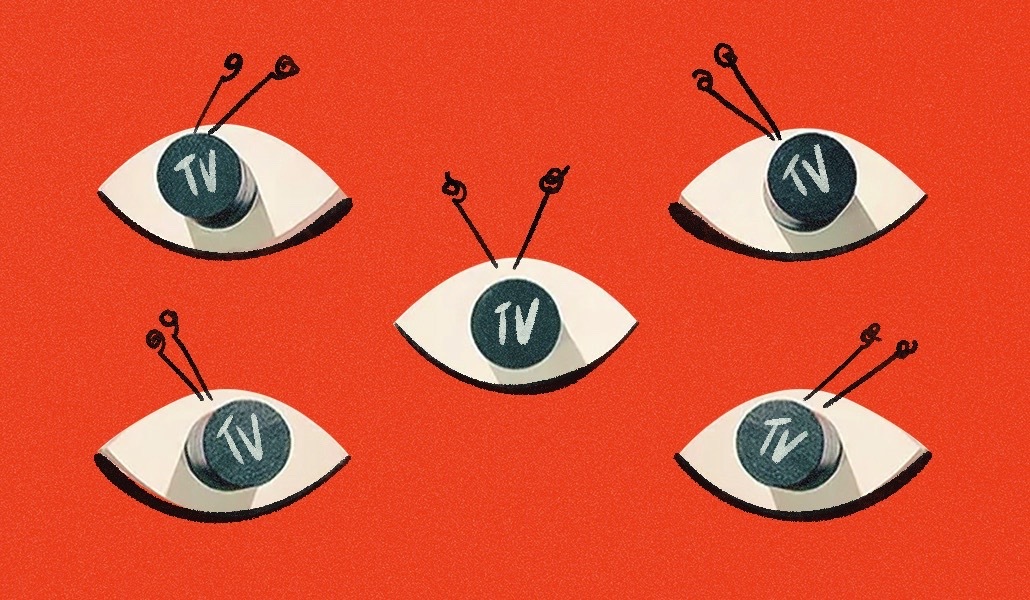




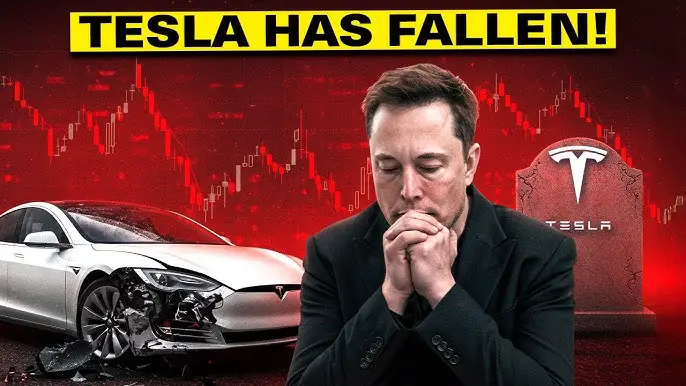







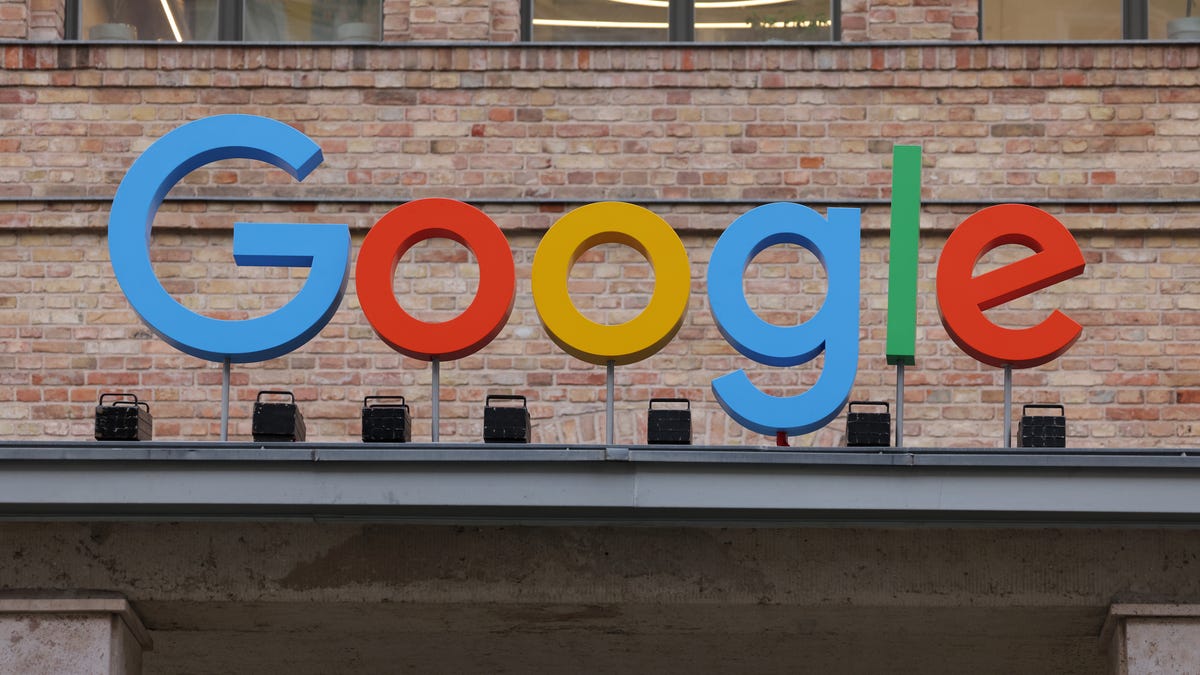
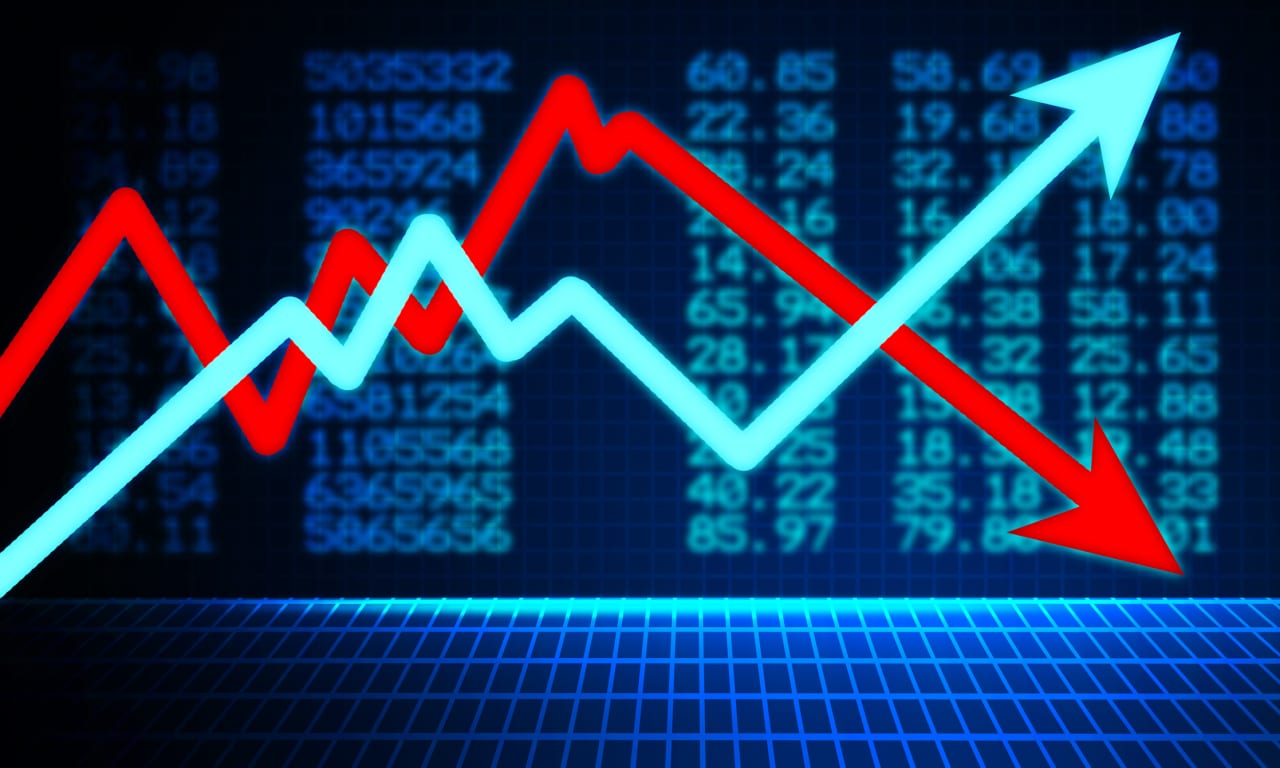
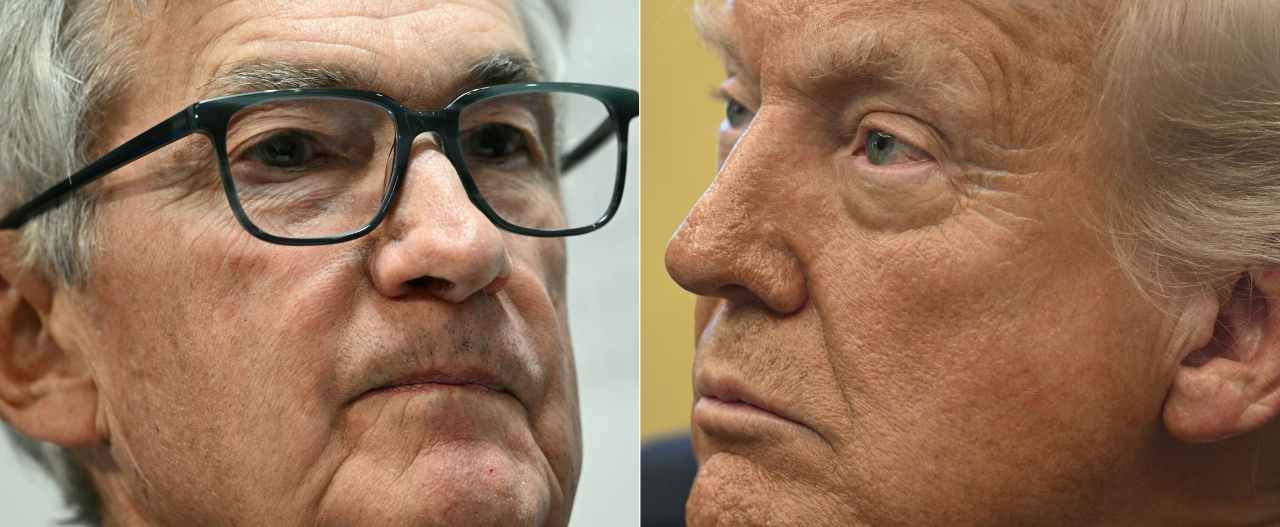
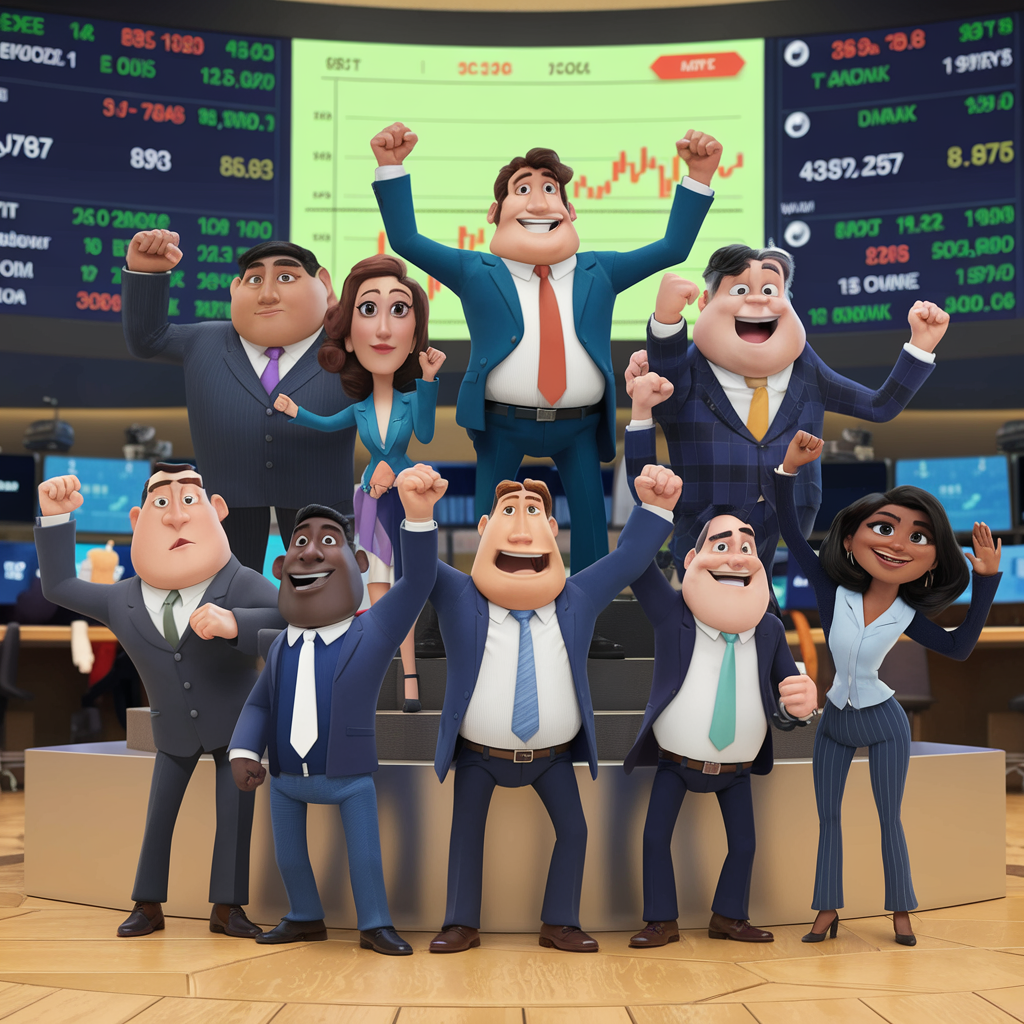




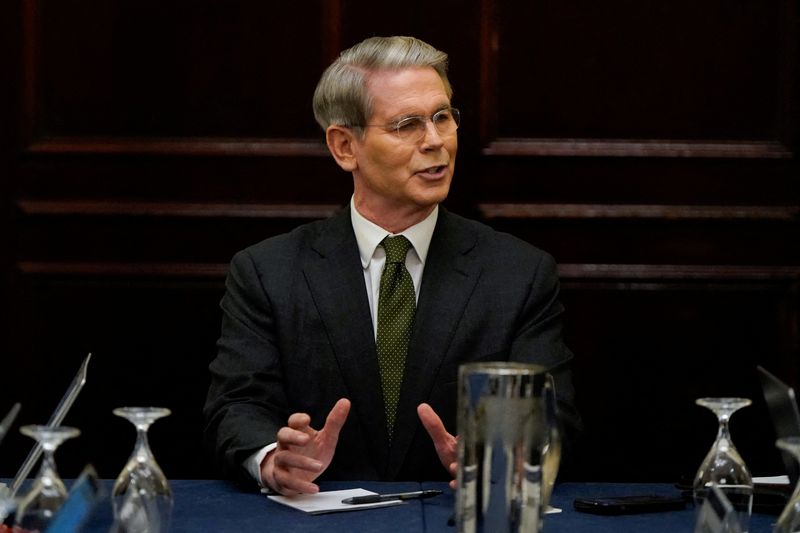
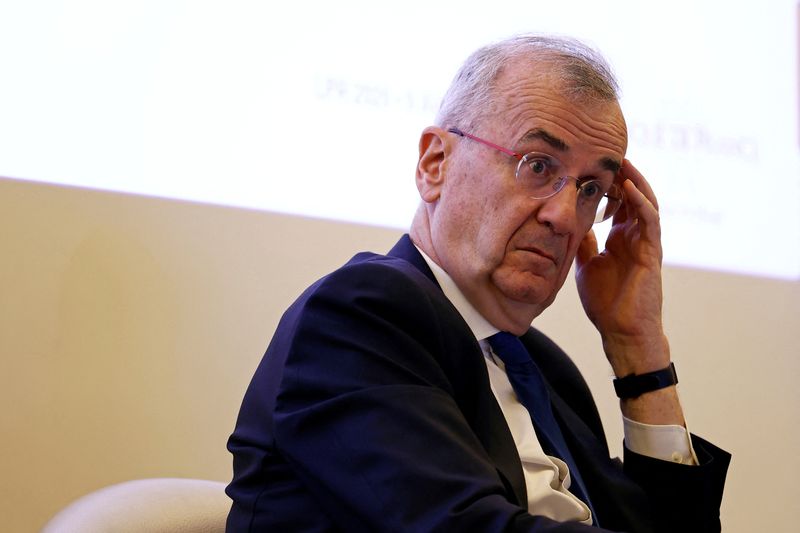
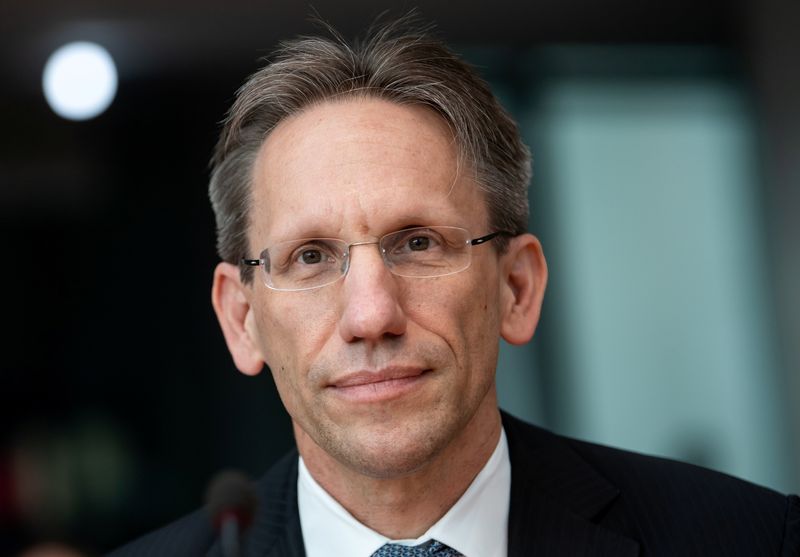







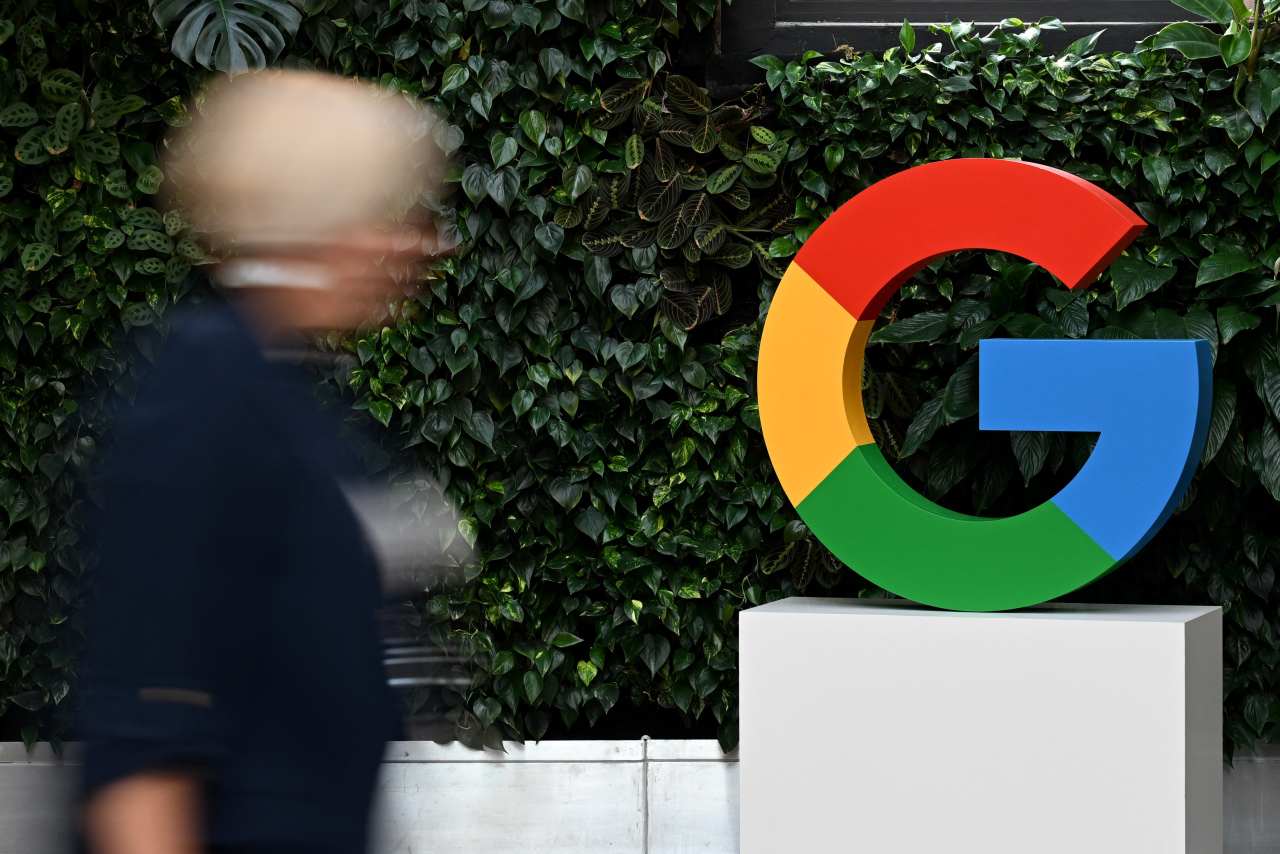

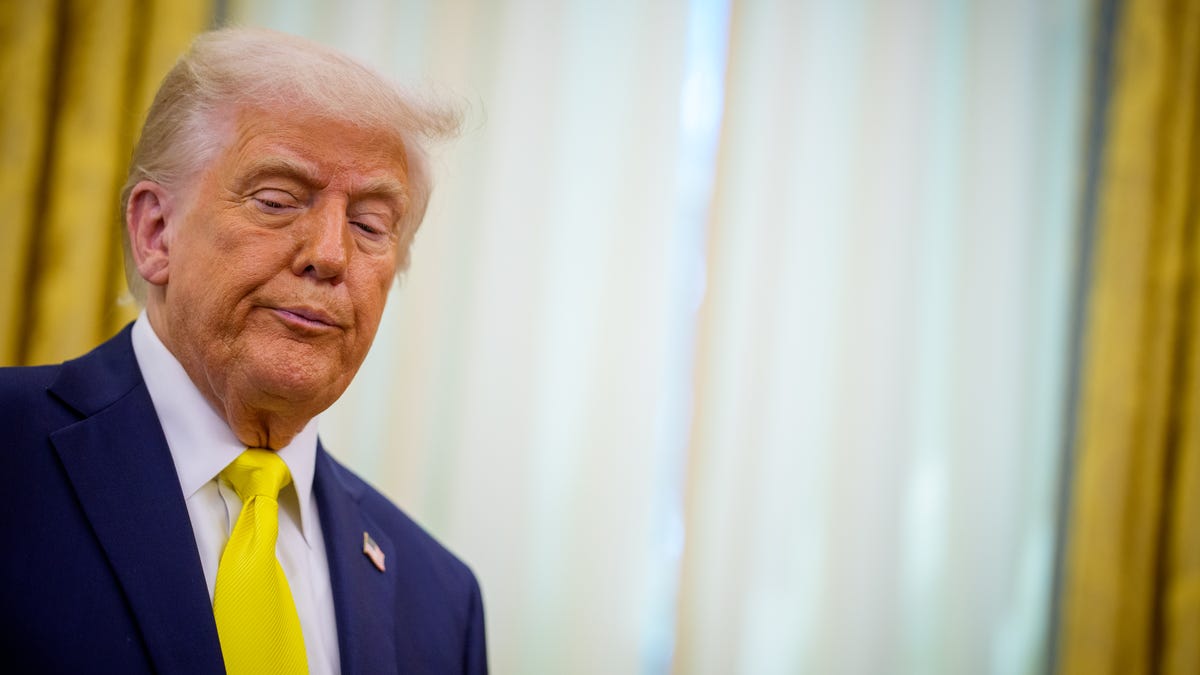
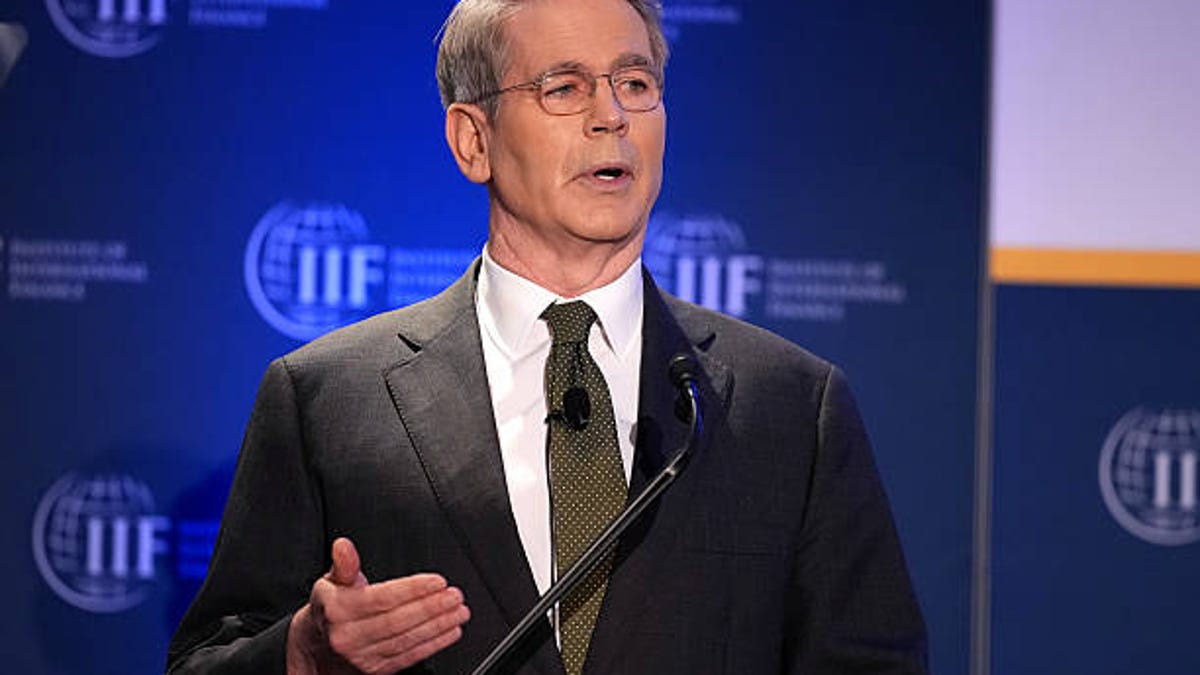













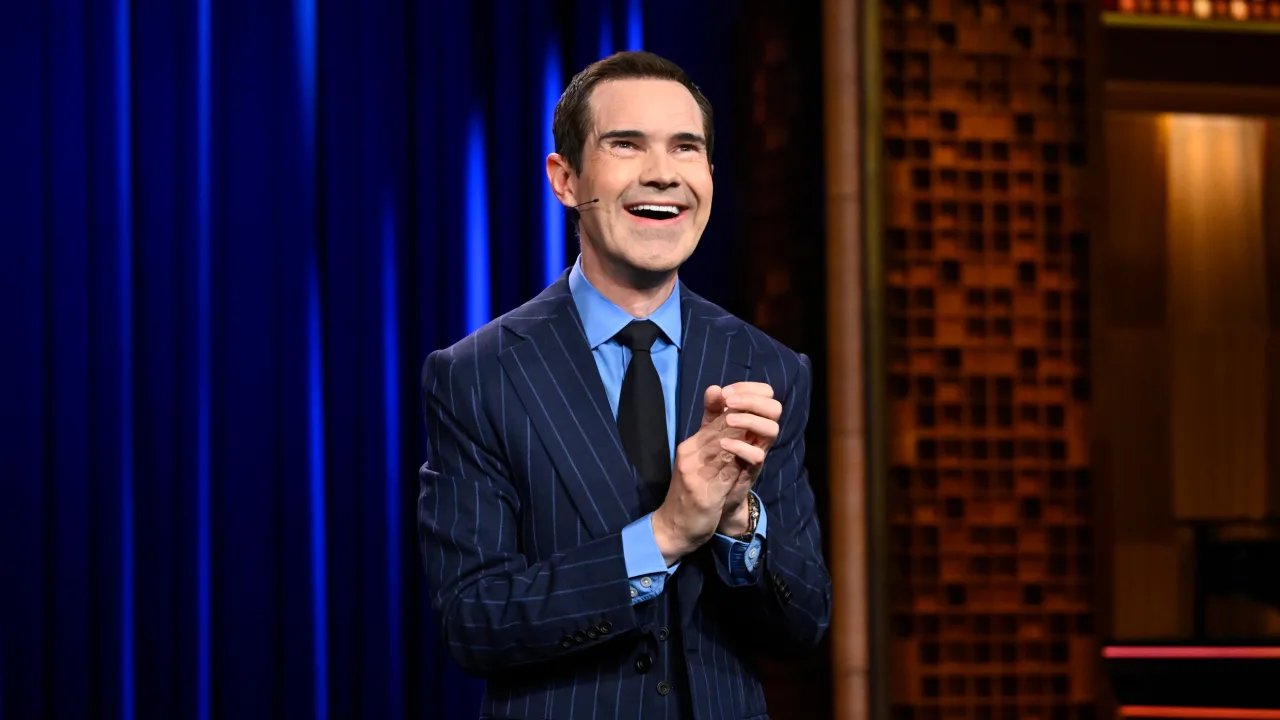
















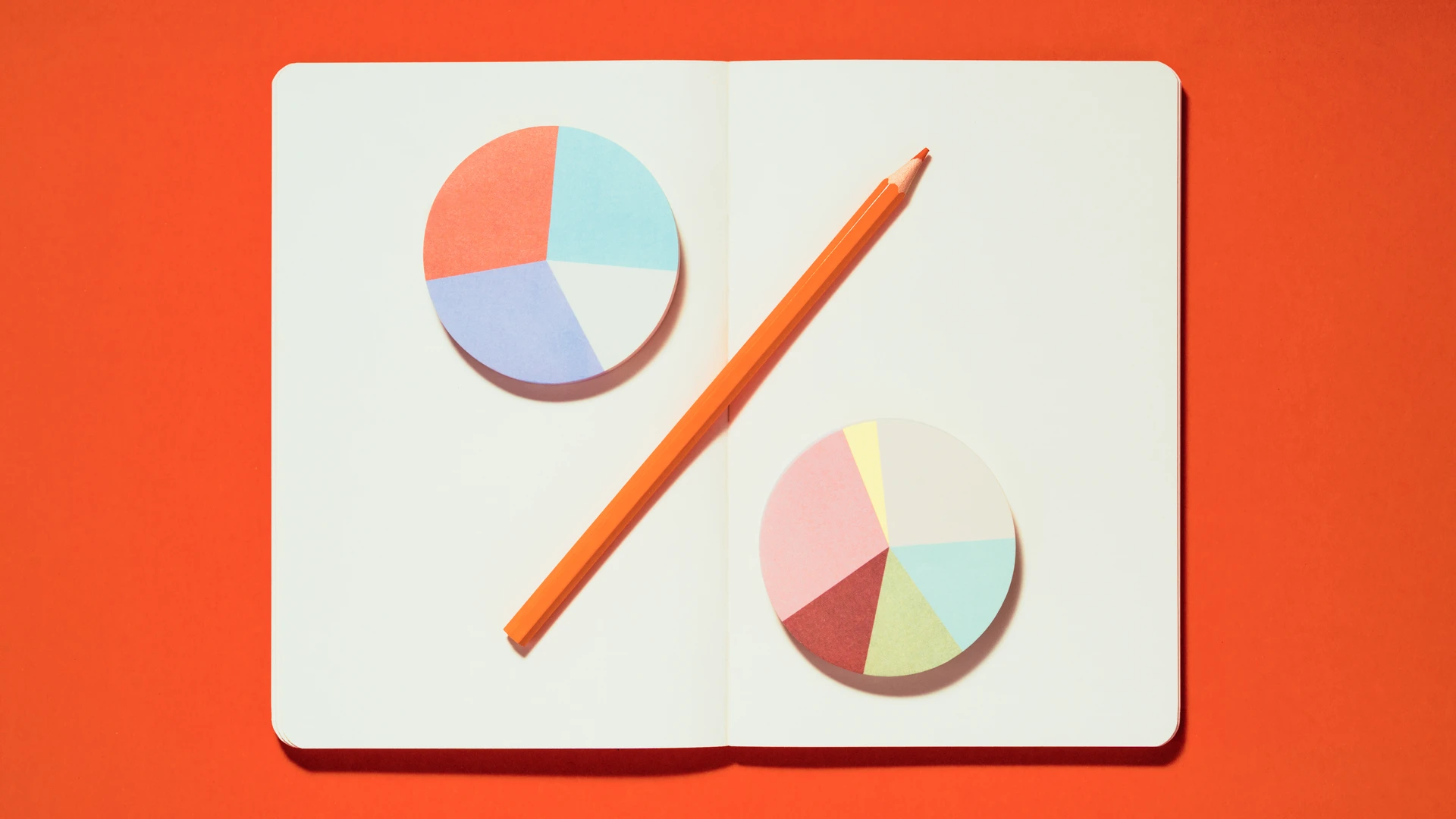










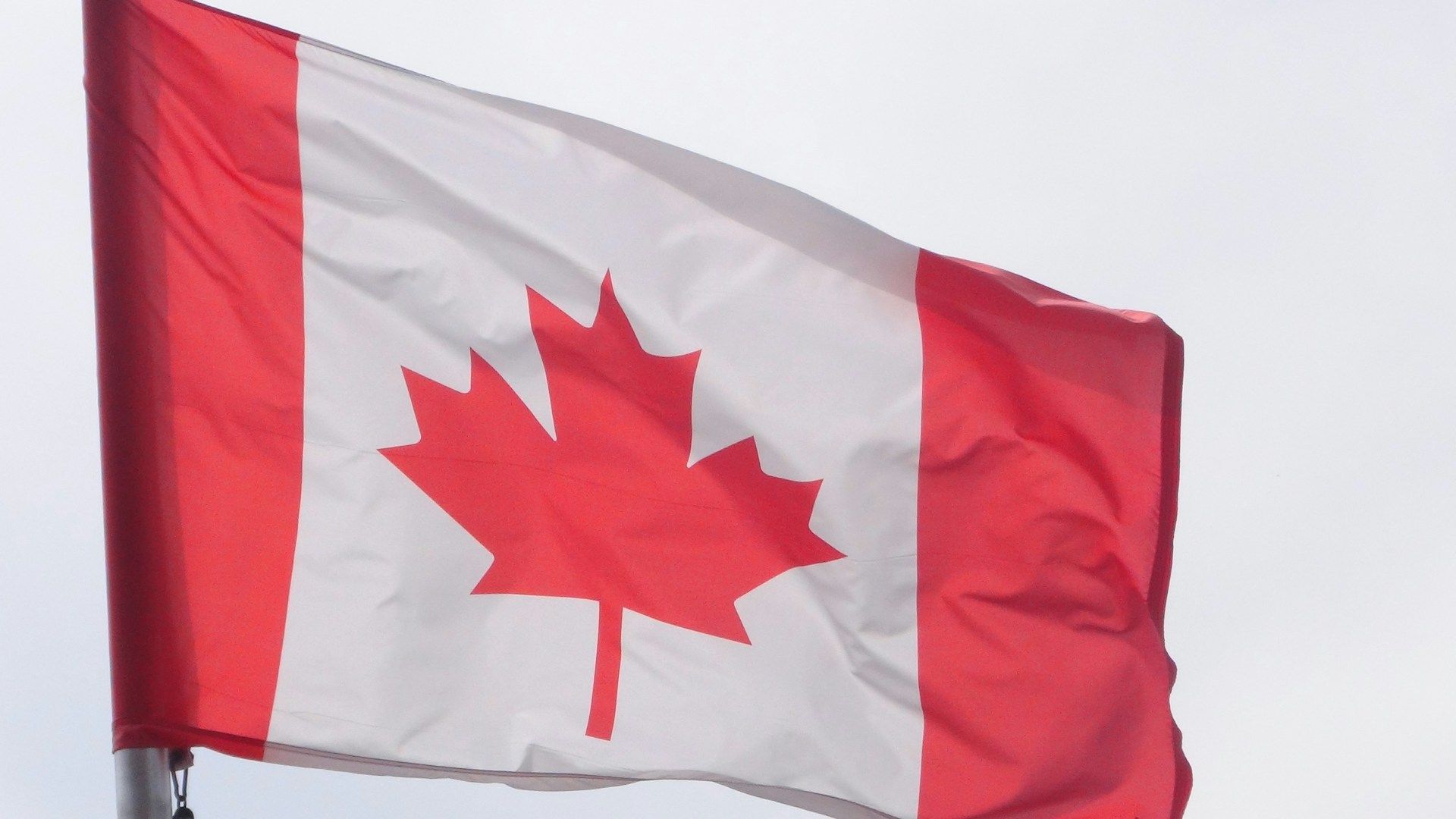

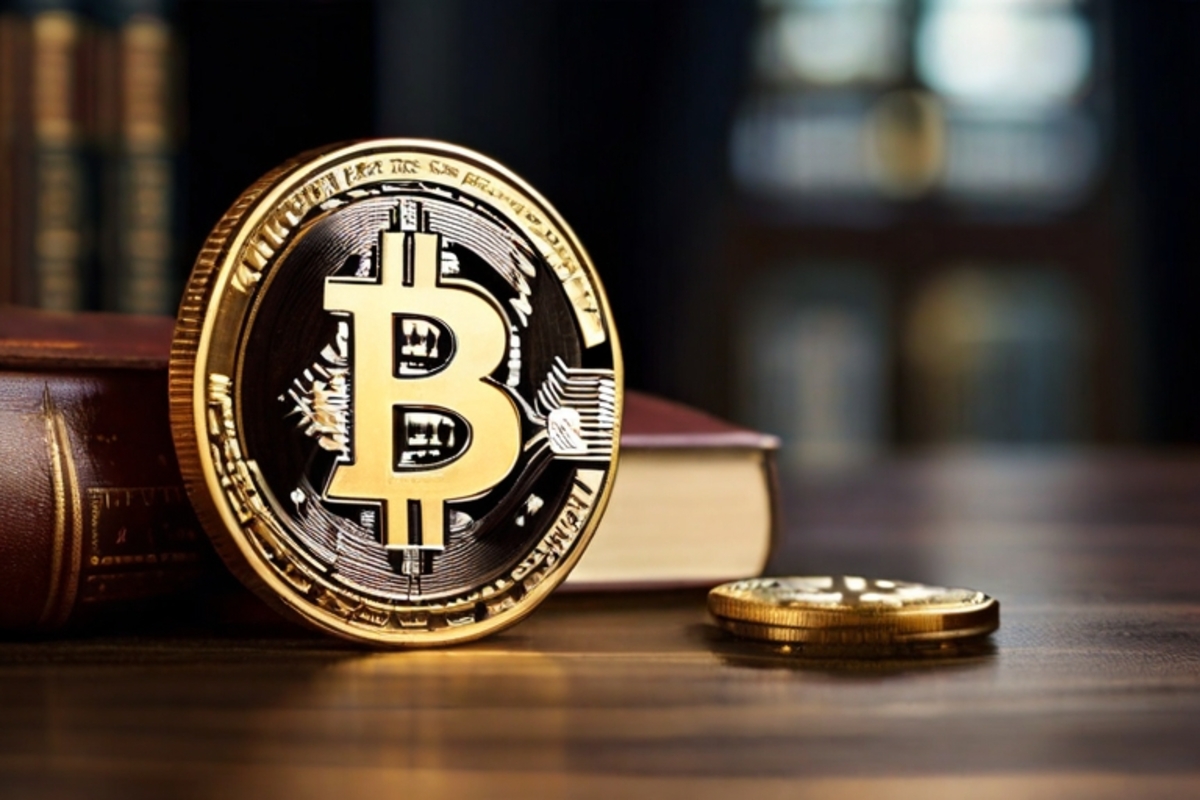








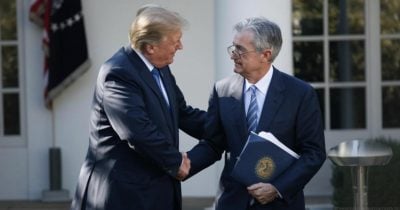















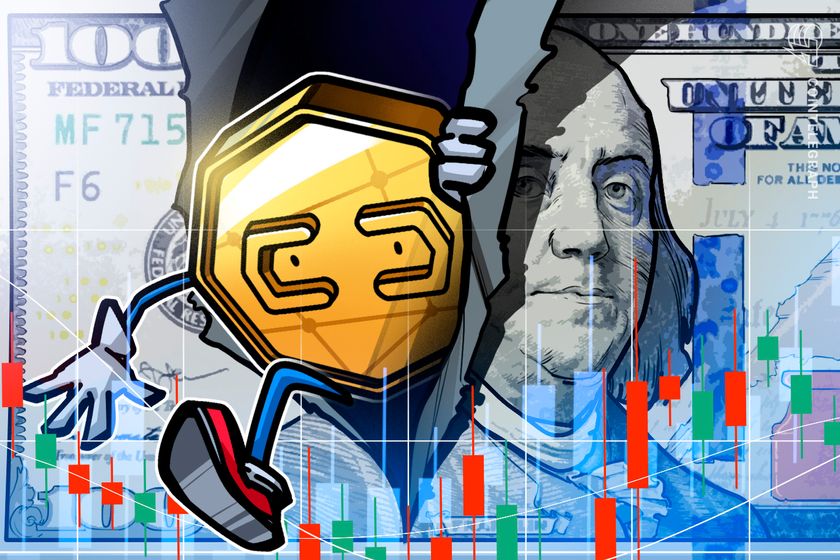
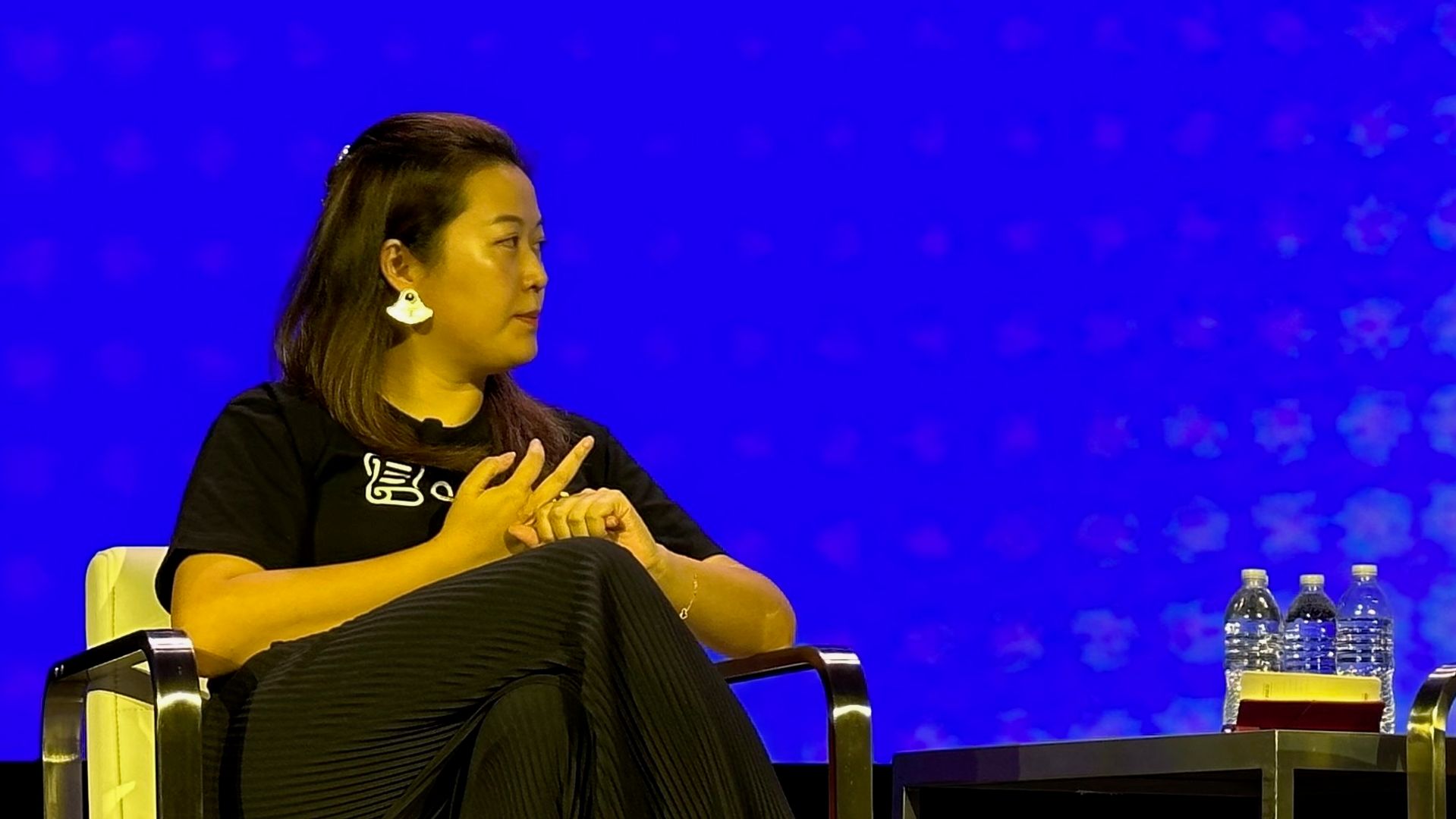





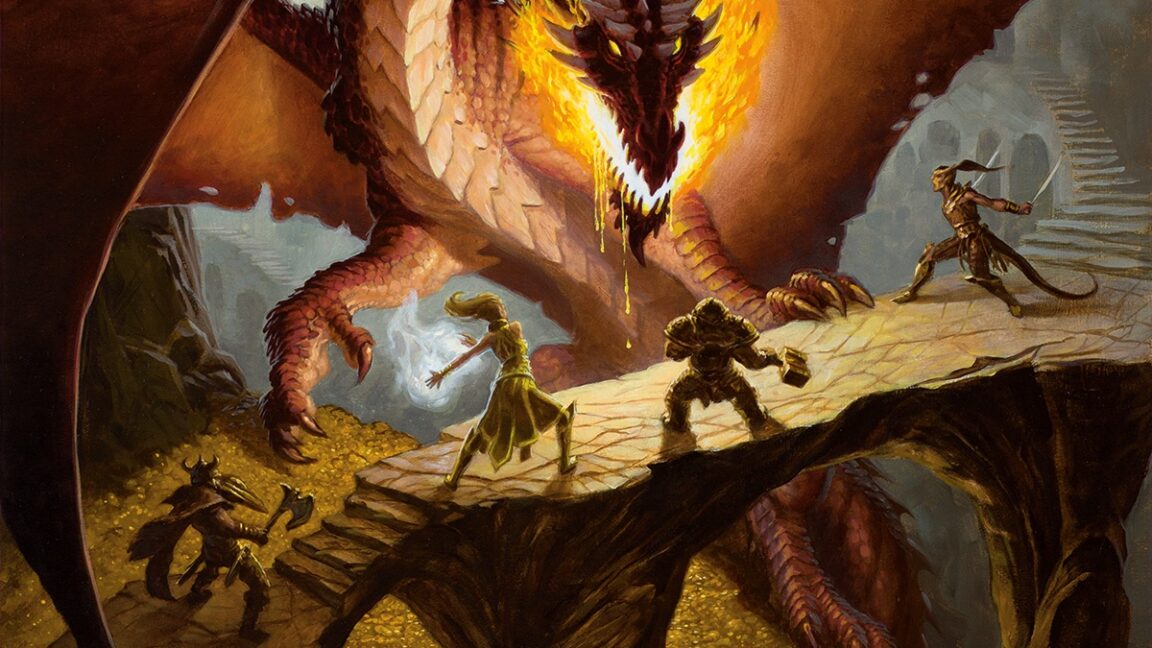






























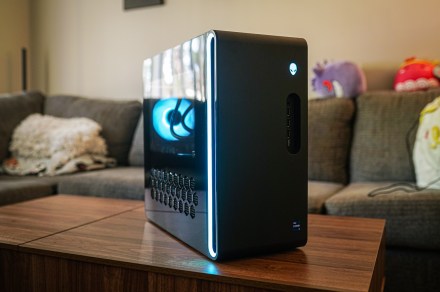
































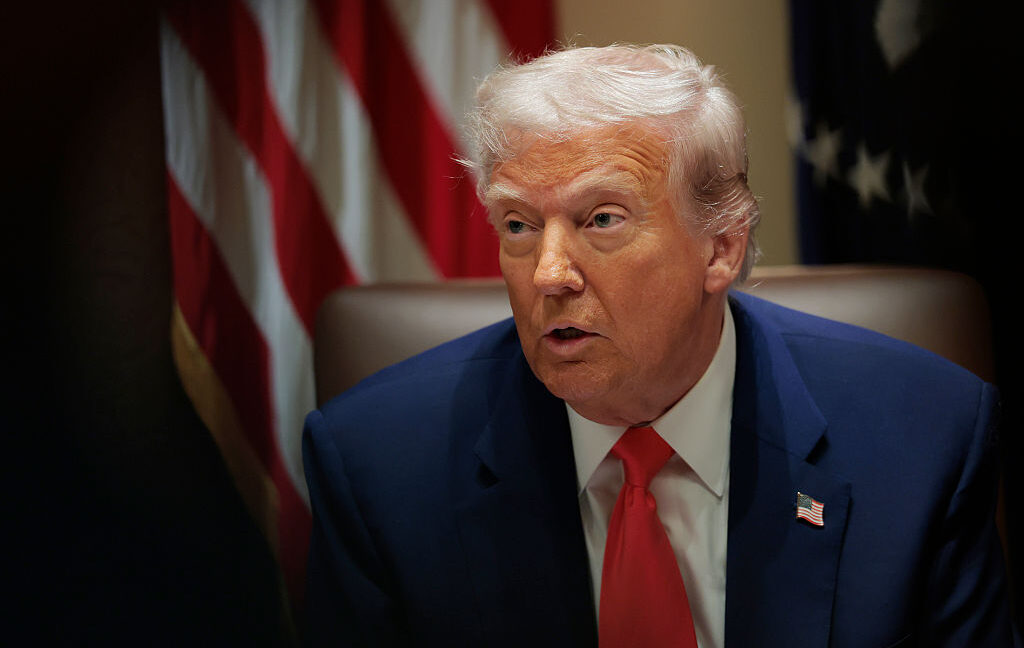







![How to Find Low-Competition Keywords with Semrush [Super Easy]](https://static.semrush.com/blog/uploads/media/73/62/7362f16fb9e460b6d58ccc09b4a048b6/how-to-find-low-competition-keywords-sm.png)
